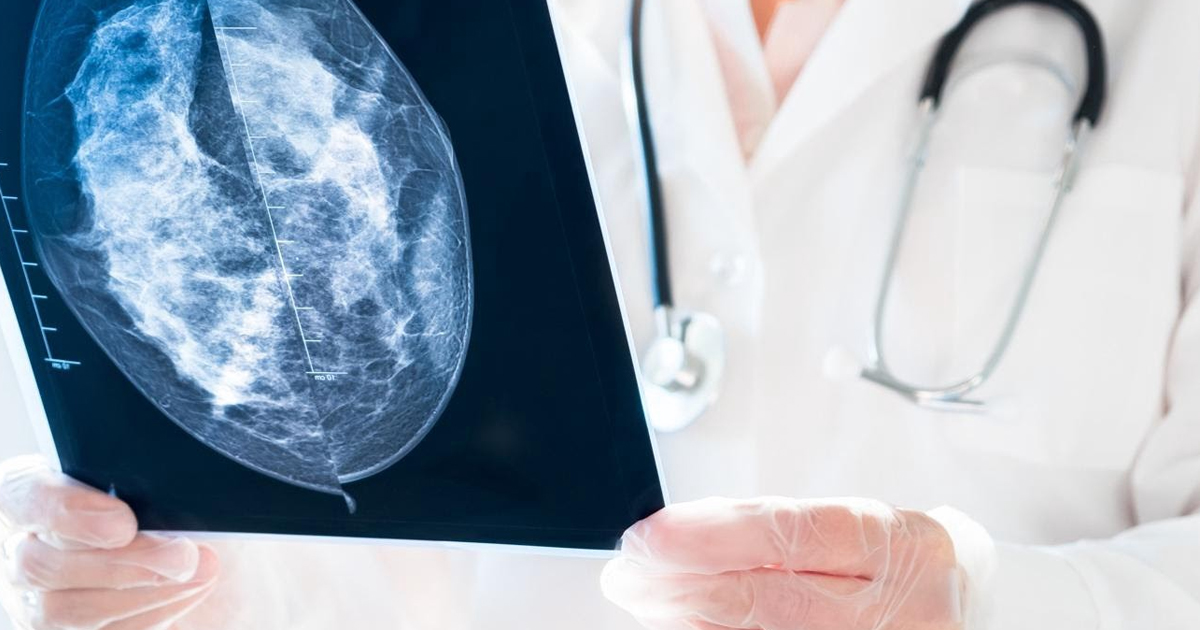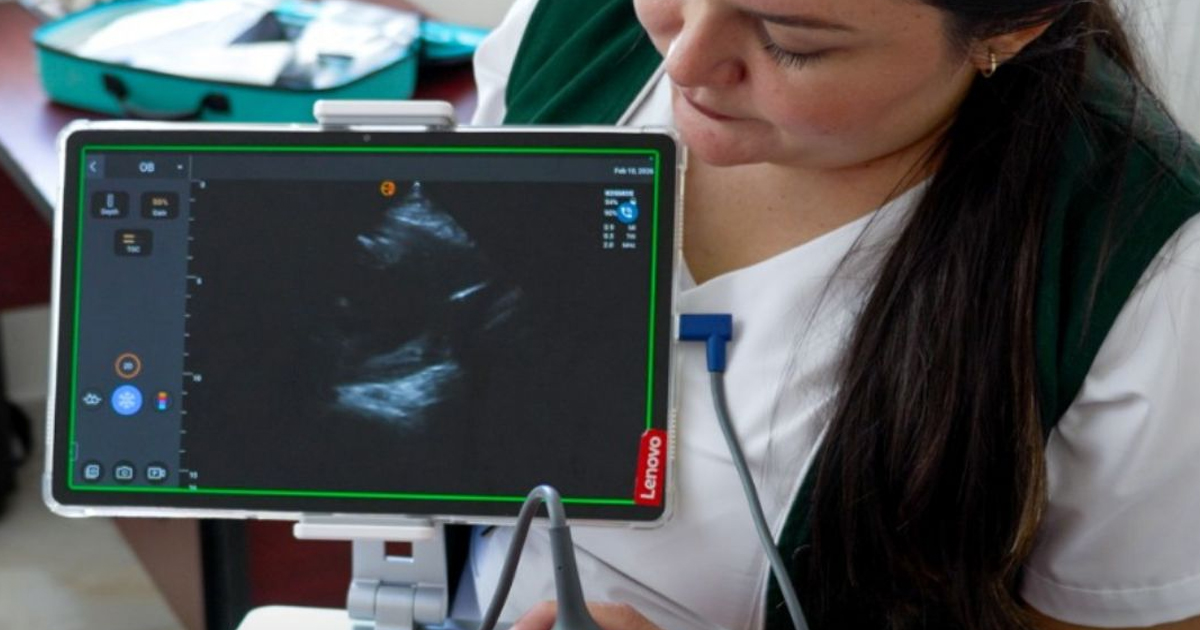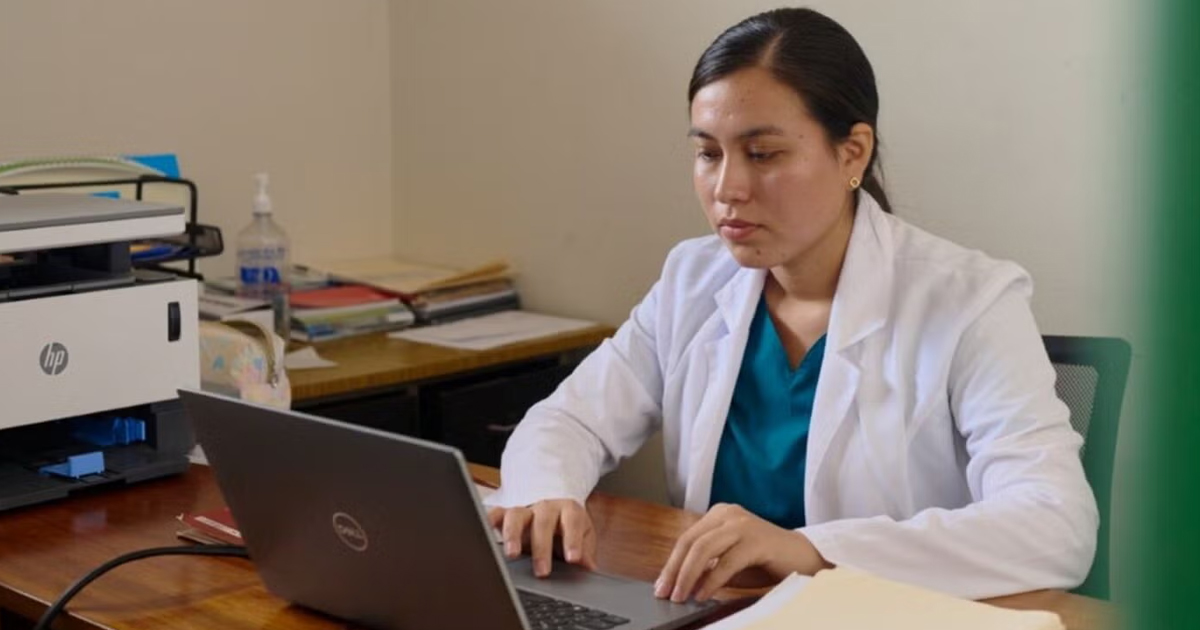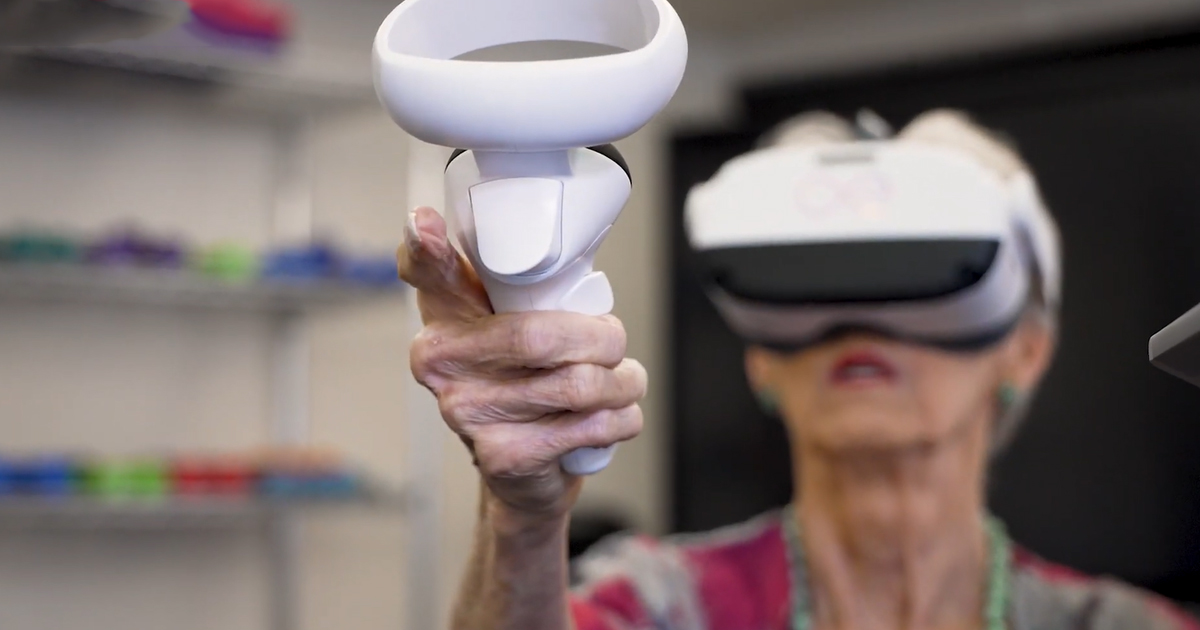Google Health y Northwestern Medicine, han trabajado en una investigación clínica que explora modelos de Artificial Intelligence, para reducir el tiempo de diagnóstico de cáncer de mama.
Google Health en colaboración con la facultad de medicina de la Northwestern University, han desarrollado investigaciones para explorar la eficacia de los modelos de Artificial Intelligence y si estos pueden reducir el tiempo de diagnóstico en mujeres que muestran resultados que indicarían una alta posibilidad de padecer cáncer de mama.

“El ensayo evaluará si los modelos de AI en investigación podrían ayudar al priorizar la revisión del radiólogo de las imágenes de mamografías con una mayor sospecha de cáncer de mama”, explica el comunicado de Northwestern Medicine.
Esta técnica permitiría reducir los tiempos de diagnóstico, pues según la misma universidad, en Estados Unidos del 10 al 15% de las mujeres que se realizan una mamografía, regresan la clínica por un diagnóstico adicional, que suele ser más tardado. “El modelo de AI está capacitado para encontrar rápidamente las mamografías que necesitan más revisión y priorizarlas para que las revise el radiólogo. Las mujeres cuyas mamografías muestran una mayor probabilidad de cáncer de mama podrían ser examinadas el mismo día para un seguimiento”, explica la universidad. De esta forma a través de AI, buscan reducir los tiempos de espera en un posible diagnóstico de cáncer.
La investigación publicada en noviembre de 2020, que fue financiada por Google, demostró que los modelos mostraron una precisión mejor o similar a la de los especialistas médicos. “Con el uso de inteligencia artificial, esperamos acelerar el proceso de diagnóstico de cáncer de mama identificando hallazgos sospechosos en los exámenes de detección de los pacientes antes que el estándar de atención”, dijo la investigadora principal, la Dra. Sarah Friedewald, profesora de radiología en Facultad de Medicina de la Northwestern University.
La Dra. Friedewald, explica que la detección del cáncer de forma anticipada puede resultar en un tratamiento más fácil y que logre salvar la vida de los pacientes.







